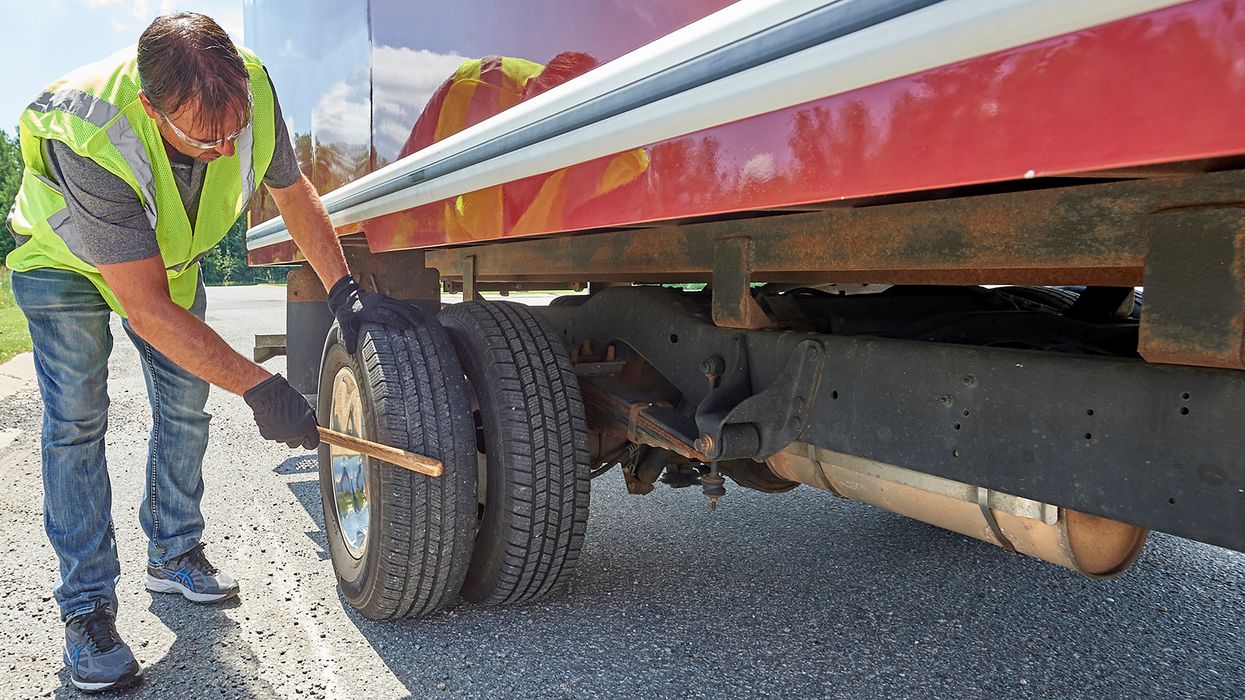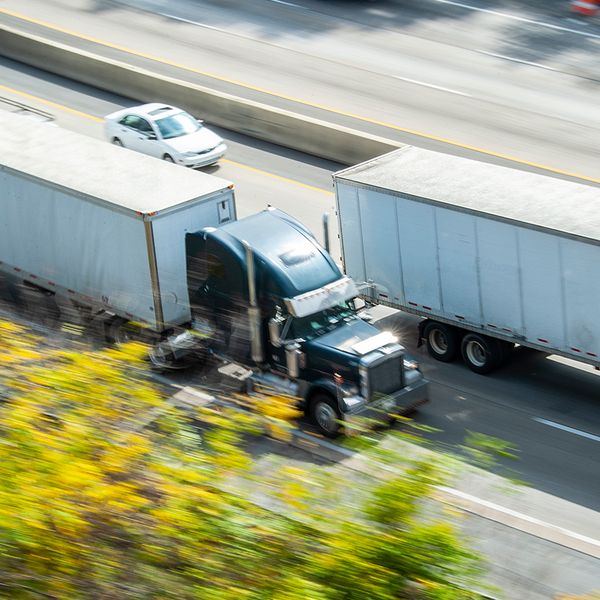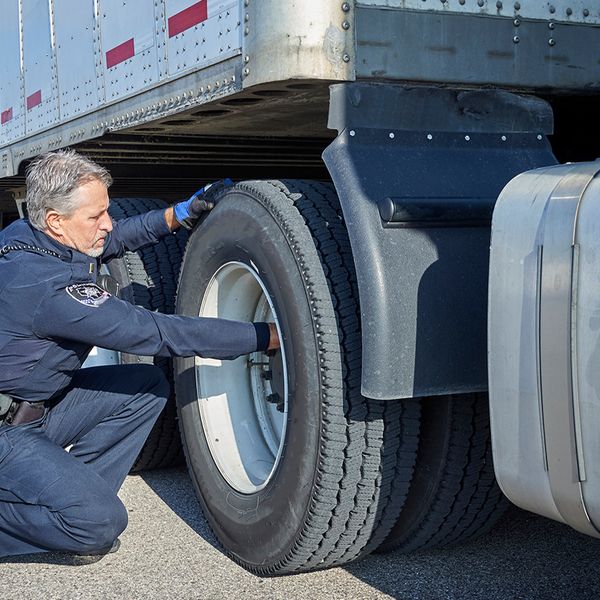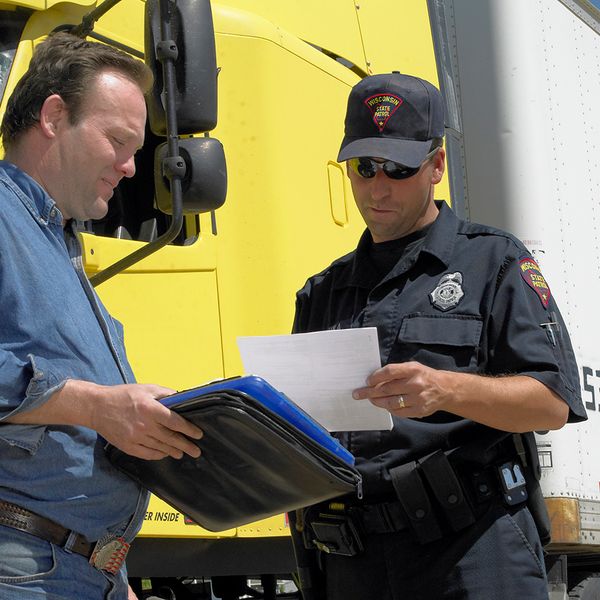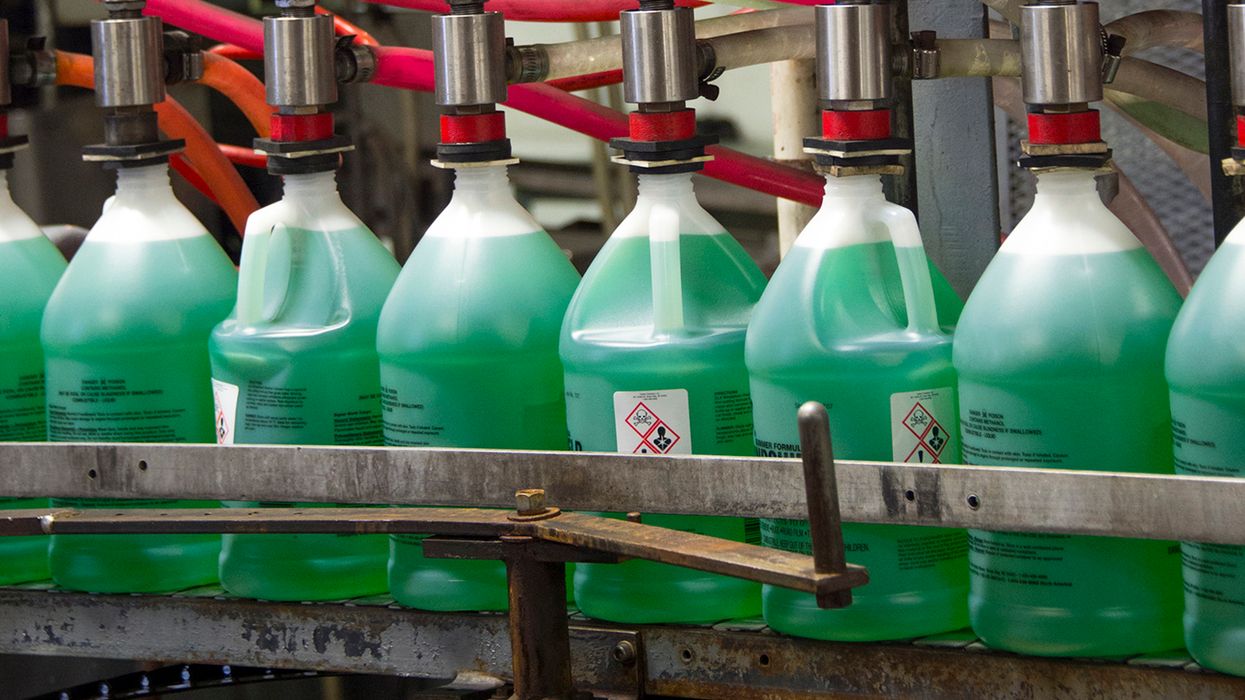Transportation Monthly Round Up - July 2023
Those still using the 2017 version of the Federal Drug Testing Custody and Control Form (or CCF) should use up their supply and switch to the current version of the form by August 31, 2023, according to a recent notice from the DOT.
J.J. Keller has been shipping the current version since 2021, so recent purchasers are in good shape. The most obvious change after 2017 was the addition of the “ORAL FLUID” option in Step 2. Use of the 2017 form after 8/31/23 will require special documentation (called a “memorandum for the record”), per 49 CFR 40.205(b)(2).
Congress is working on FMCSA funding for fiscal year 2024, and a vote is expected in September with a deadline of 09/30/23. Both the House and Senate versions of the appropriations bill would prohibit FMCSA from requiring ELDs for livestock haulers or inward-facing cameras for the young-driver apprenticeship program. It would also eliminate the need for motor carriers to register their young-driver apprenticeship program with the Department of Labor.
The House version is unique in that it would also limit the FMCSA’s ability to adopt a new speed-limiter rule. In addition, the Senate version would increase allowable weight limits for certain vehicles in Mississippi and West Virginia.
Use these tips to avoid IFTA audits. Second quarter fuel tax reports are due by July 31st for carriers operating under the International Fuel Tax Agreement (IFTA). These reports document the mileage traveled and fuel purchased in each state or province during the reporting period. Following a few tips can help you avoid common mistakes that could get you audited. Carriers should correctly report operations under trip permits, account for all miles, even gap miles, and use the correct rate chart.
Carriers should also double-check your tax-paid gallons, file every quarter, even if you have no activity to report, and check your lease, where the responsibilities of each party should be documented. The bottom line is that carefully documenting miles traveled and fuel purchased for your IFTA fleet can help you avoid common mistakes that could get you audited.
The Commercial Vehicle Safety Alliance (CVSA) has scheduled this year’s Brake Safety Week for August 20-26 with a focus on brake lining/pad violations. Throughout Brake Safety Week, CVSA-certified inspectors will conduct their usual inspections; however, in addition, they will be reporting brake-related inspection and violation data to the Alliance. CVSA will compile that data and publish a press release this fall with the results.
CVSA has outlined the brake-system inspection procedure so that drivers and motor carriers know exactly what inspectors will be checking during roadside inspections. During last year’s campaign, more than 38,000 inspections were conducted and 13.3% were placed out of service for brake-related violations. Ensure your drivers, mechanics, and safety teams are prepared for this important event.
That’s it for this month’s round up. Stay safe, and thanks for watching.

